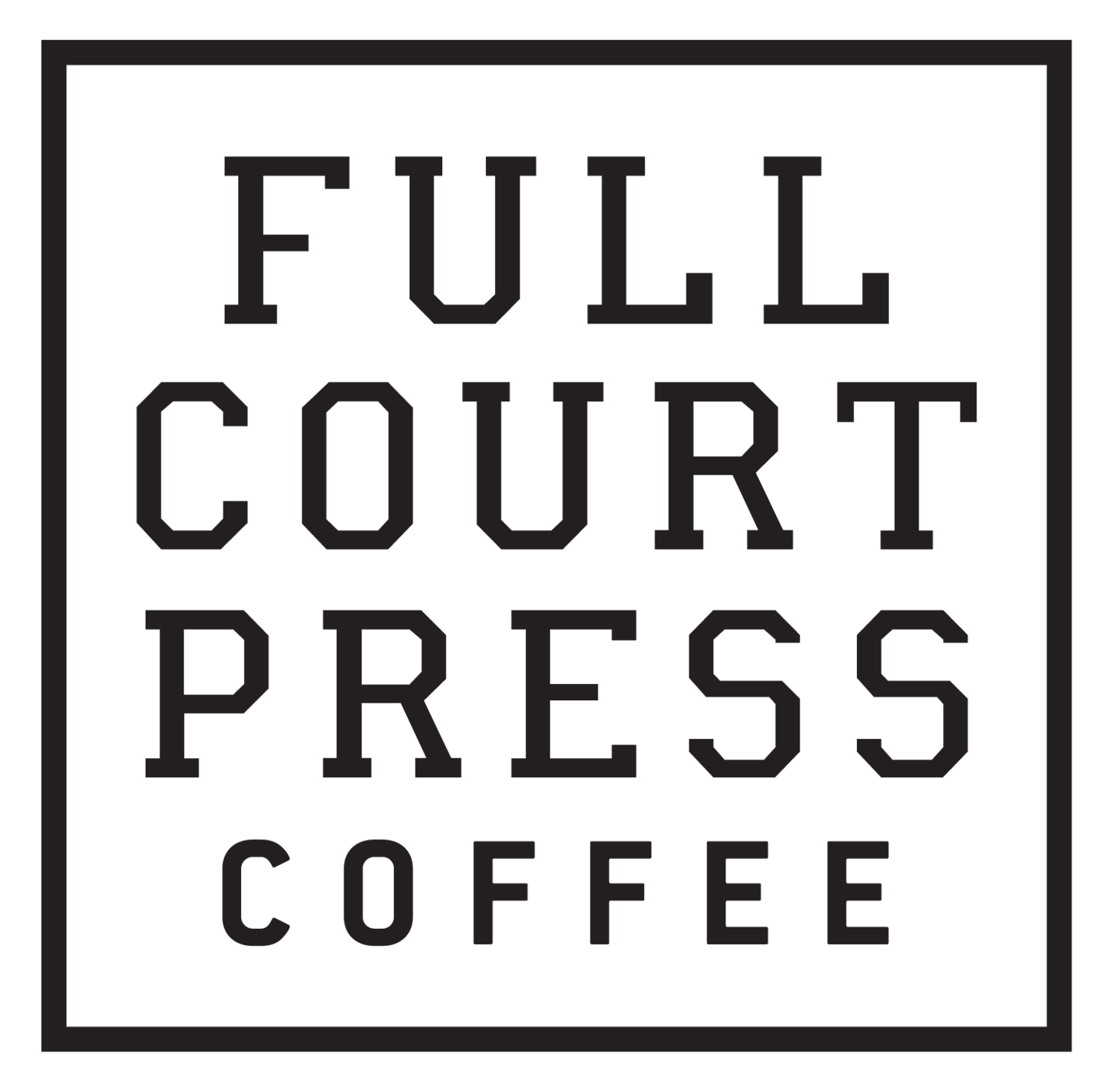SEMANTICS MATTER - THE POCKET SCIENCE MYTH.
Before we get started, let’s define some things;
Science: The systematic study of the nature and behaviour of the material and physical universe, based on observation, experiment, and measurement, and the formulation of laws to describe these facts in general terms.
Scientific method: Method of investigation in which a problem is first identified and observations, experiments, or other relevant data are then used to construct or test hypotheses that purport to solve it.
Pseudoscience: A collection of beliefs or practices mistakenly regarded as being based on scientific method.
Pocket science: Accumulation of money in one’s pocket, through hypotheses of focused thought vibrations, and daily life experiments.
Three of those are from the Collins and Oxford English Dictionaries, one is from the online resource Urban Dictionary (no prizes for guessing which one) and this presents a problem. Why? Because the last one is being frequently used and in all actuality probably doesn't exist.
The earliest reference I could find is in a 2014 talk from Colin Harmon, he defined it as “word-of-mouth theories that get passed around the industry that have no basis in science”. More recently Pete Licata defines it this way “Pocket science is a term used for when we need a way to explain something happening in coffee, especially the preparation of it, that helps give a more scientific understanding of it. It’s like this: “I need something to explain what’s happening here, and OH look! I’ve got something here in my pocket.” It’s basically pulling something out of your ass to explain the details “scientifically”.
Similar but different, and realistically both are describing pseudoscience as defined above.
Why am I talking about this? The title says it all, Semantics. Do. Matter. How we talk about these issues can have a huge impact on what is perceived as fact (and to add a layer of complexity, who is doing the talking is just as important).
What worries me is that the use is on the increase and that I’ve seen it used as a warning against imaginative scientific thinking, used (unwittingly I’m sure, by those who should know better) in a way that denigrates an idea and potentially inhibits further exploration. I’ve also seen it used to dismiss ideas out of hand, to imply that only “real” science counts. I know this from personal experience having been accused of “broscience” (a pocket science analogy from the world of bodybuilding) in the past.
The line of thinking here is that it can’t be “real” science if you don’t collect the data, submit it to rigorous analysis and potentially publish. This is flawed as observation and hypothesis are a valid part of the scientific process. The burden of testing and proof does not always fall to those who theorise, that implies that science is solely reserved for those who have the time, access or resources to test their ideas in the rigorous manner demanded of the Scientific Method. Theories and hypotheses are the bedrock of this method, and they come from the free thinking and observations that happen everyday. If we stifle these thoughts by downplaying their validity and importance, then we vastly reduce our ability to progress. Of course it's equally important that these hypotheses are presented as such and not as fact, this responsibility runs both ways.
Pocket Science is a myth, a created phrase to rank alongside Fake News. Both are increasingly used in a dismissive fashion, to invalidate arguments and whilst we should guard against and expose those who spread and perpetuate science as fact without rigour or theoretical legitimacy but call it what is, Pseudoscience.
Likewise remember that thoughtful speculation is not the same as Pseudoscience, it may in the long run end up being badly executed or just plain incorrect science, but it’s still science.

